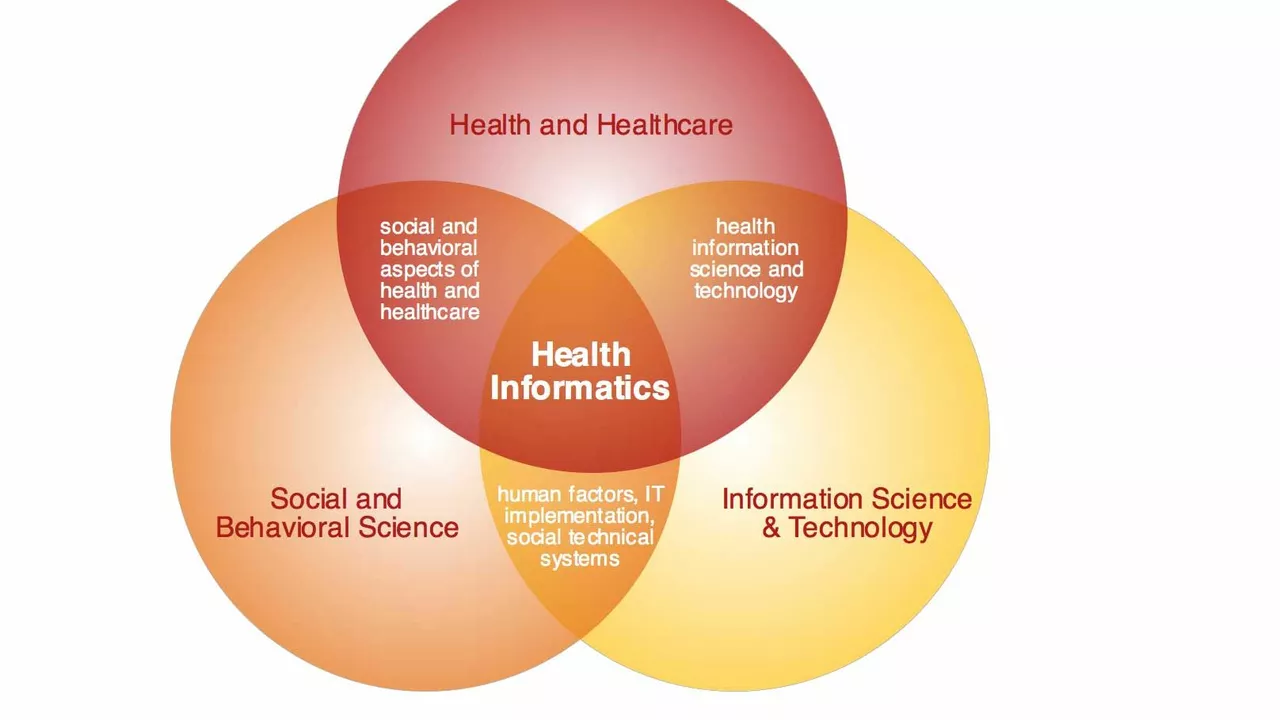Healthcare systems: what they are and why they matter
Healthcare systems are the mix of people, rules, money, and places that deliver medical care. Think doctors, hospitals, insurers, public health agencies and the laws that shape them. How a system is set up decides who gets care, how much it costs, and how easy it is to get help when you need it.
At their core, all systems try to do three things: keep people healthy, treat illness, and protect families from financial ruin. They just do those things in different ways. Some rely mostly on government funding and public providers. Others lean on private companies and employer-sponsored plans. Most countries end up with a mix.
Types of systems in plain language
Public systems: Funded and run by the government. Examples include the NHS model, where services are free at the point of use and paid through taxes. These systems aim to give everyone access but can face long waits or budget limits.
Private systems: Built around private insurers and providers. The U.S. leans heavily this way, with people getting coverage through employers or buying plans. Private systems often offer fast access and choice, but costs can be high and coverage gaps remain.
Mixed systems: Most countries use a mix. You might have a public basic safety net plus private options for faster or wider coverage. That setup tries to balance access, choice, and costs.
How a system affects you right now
Your local system shapes who you call when you’re sick, how quickly you get care, and what you pay. If you have insurance through work, your network and copays matter. If you qualify for public programs like Medicaid or national health schemes, your out-of-pocket cost drops a lot. If you don’t qualify, marketplace plans, community clinics, and preventive care become important tools.
Simple steps to make the system work for you: check if you qualify for public programs, compare plan coverage (not just price), pick a primary care doctor, and keep records of visits and medications. Use preventive visits — they save money and catch problems early.
Watch out for two common issues: surprise bills and limited provider networks. Ask before procedures whether providers are in-network, and get cost estimates when possible.
Problems that need fixing include affordability, unequal access, and bias in care. Racial bias in medicine shows up in worse outcomes for some groups. Cultural competence—training providers to understand diverse backgrounds—improves care. Ethical practices and patient rights should guide every interaction.
Marketing and how health services are sold also shapes decisions. Learn to read plan summaries and ask clear questions about coverage limits, prior authorization, and drug formularies.
If you want practical help, look for local health navigators or community clinics that explain options without pressure. Staying informed, asking questions, and using preventive care are the most immediate ways to get better results from any system.
Should healthcare systems be free or paid?
Posted by Finnegan Beckett On 28 Jul, 2023 Comments (0)

Hey folks! Tackling the old chestnut today - should healthcare be a freebie or a pay-as-you-go affair? Well, it's not as simple as buying a cup of joe! Free healthcare sounds like a winner, right? But wait, who'll pay the doctors, buy the bandages, and keep the lights on? On the flip side, paid healthcare allows for better quality control, but could leave some folks out in the cold. So, it's a bit like choosing between a double espresso or a decaf - there's no one-size-fits-all solution!




